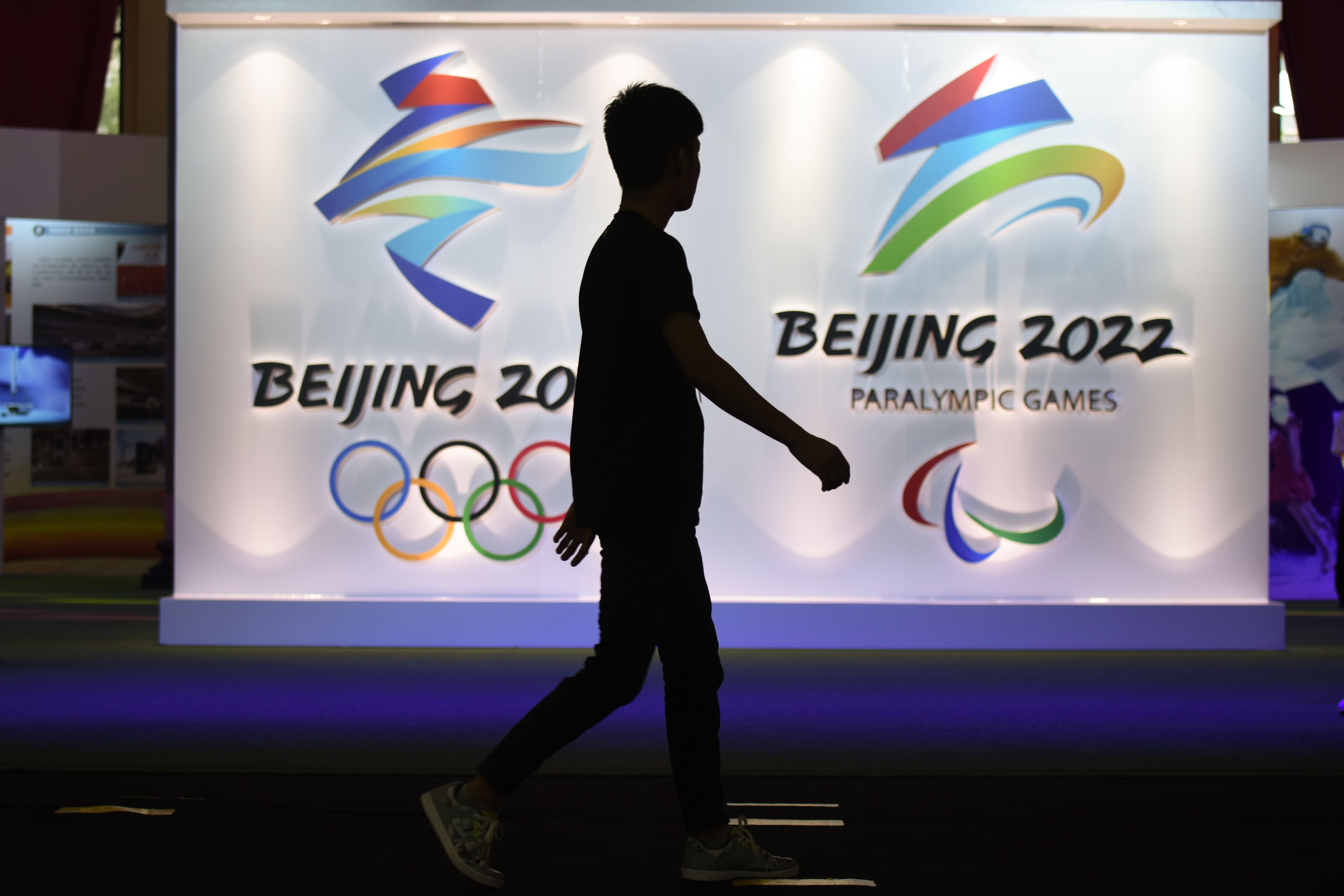WASHINGTON – The State Department denied Tuesday evening that it was considering a joint boycott alongside allies of the 2022 Winter Olympics in Beijing.
“Our position on the 2022 Olympics has not changed. We have not discussed and are not discussing any joint boycott with allies and partners,” a senior State Department official wrote in an emailed statement to CNBC.
Department spokesman Ned Price had initially suggested during a press briefing earlier on Tuesday that a boycott of the Olympic Games was among the possibilities for addressing China’s human rights abuses.
The Olympic Games are due to take place between Feb. 4 and Feb. 20.
Any discussion of a diplomatic boycott of the Olympic Games would come as the Biden administration works to rally allies to mount international pushback on China. While there is broad bipartisan support for taking a tougher policy stance against China, there is hardly unanimous agreement that a boycott would be the most productive path to pursue.
Read more: Calls grow louder to boycott Beijing’s Olympics — and analysts warn of retaliation from China
A former senior Treasury official, who requested anonymity to describe past deliberations on the topic, suggested such a move would reflect a “Cold War statement” on behalf of the United States.
“It’s better to go there and dominate,” the official told CNBC. “It’s better to be Jesse Owens than the Soviets in ’84.” (Owens, a Black American sprinter, won four gold medals at the 1936 Summer Olympics in Nazi Berlin. The Soviet Union boycotted the 1984 games in Los Angeles after the U.S. snubbed the 1980 games in Moscow in protest of the Soviet invasion of Afghanistan.)
Last month, the United States sanctioned two Chinese officials, citing their roles in serious human rights abuses against ethnic minorities in Xinjiang. The sanctions by the Biden administration complement actions also taken by the European Union, the United Kingdom and Canada.
Beijing has previously rejected U.S. charges that it has committed genocide against the Uyghurs, a Muslim population indigenous to the Xinjiang Uyghur Autonomous Region in northwest China. The Foreign Ministry called such claims “malicious lies” designed to “smear China” and “frustrate China’s development.”
The sanctions came on the heels of a contentious meeting between Secretary of State Antony Blinken and national security advisor Jake Sullivan and China’s top diplomat, Yang Jiechi, and State Councilor Wang Yi in Alaska.
Ahead of the Alaska talks, Blinken slammed China’s sweeping use of “coercion and aggression” on the international stage and warned that the U.S. will push back if necessary.
“China uses coercion and aggression to systematically erode autonomy in Hong Kong, undercut democracy in Taiwan, abuse human rights in Xinjiang and Tibet, and assert maritime claims in the South China Sea that violate international law,” Blinken said at a news conference in Japan.
Biden, who spoke to Chinese President Xi Jinping in February, has previously said that his approach to China would be different from his predecessor’s in that he would work more closely with allies in order to mount pushback against Beijing.
“We will confront China’s economic abuses,” Biden said in a speech at the State Department, describing Beijing as America’s “most serious competitor.”
“But we’re also ready to work with Beijing when it’s in America’s interest to do so. We’ll compete from a position of strength by building back better at home and working with our allies and partners.”
Tensions between Beijing and Washington soared under the Trump administration, which escalated a trade war and worked to ban Chinese technology companies from doing business in the United States.
Over the past four years, the Trump administration blamed China for a wide range of grievances, including intellectual property theft, unfair trade practices and recently, the coronavirus pandemic.
— CNBC’s Kayla Tausche contributed to this report
